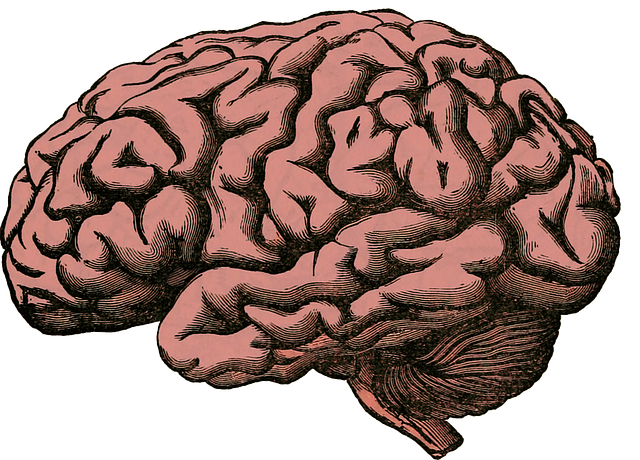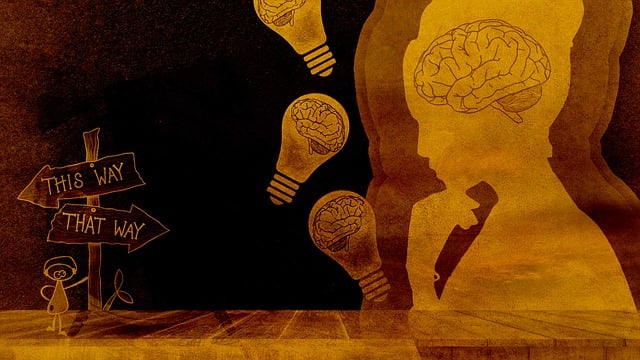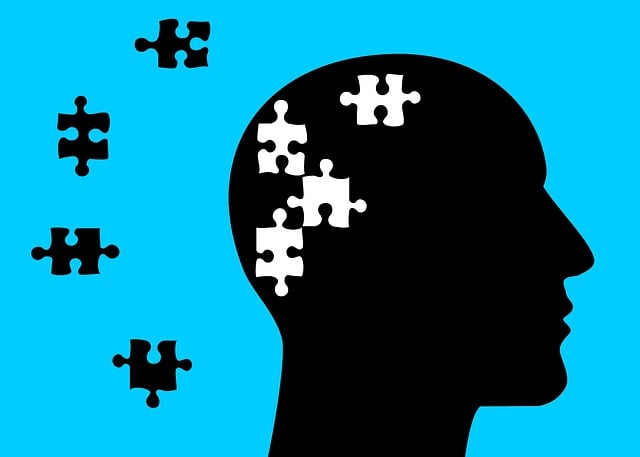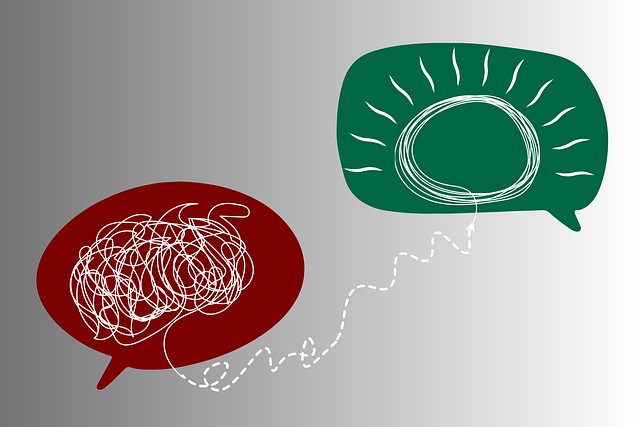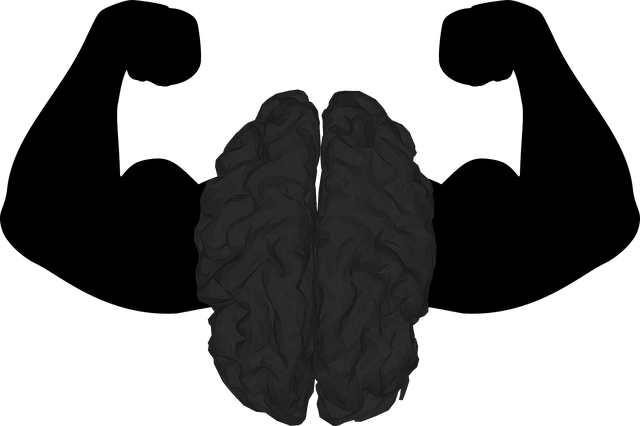Emotional Intelligence (EQ) is a vital tool in managing Oppositional Defiance Disorder (ODD), as it enables individuals, especially children, to understand and regulate their emotions. Greenwood Village ODD therapy emphasizes EQ by fostering cultural sensitivity for accurate diagnosis, integrating risk assessment for sustained mental well-being, and providing evidence-based strategies for emotional regulation and conflict resolution. Through interactive activities, trauma support, and structured sessions, this holistic approach empowers individuals with ODD to build inner strength, improve communication skills, and strengthen relationships, ultimately enhancing their overall mental health.
Emotional intelligence (EQ) is a powerful tool for navigating life’s challenges, especially for individuals dealing with oppositional defiance disorder (ODD). This article explores the profound impact of EQ on mental health and offers insights into managing ODD through Greenwood Village therapy approaches. We delve into specific strategies to build emotional intelligence in children with ODD, highlighting the benefits of enhanced emotional awareness in overcoming these behavioral challenges. By understanding EQ and leveraging effective therapy methods, individuals can revolutionize their approach to mental well-being.
- Understanding Emotional Intelligence and its Impact on Mental Health
- Recognizing the Signs of Oppositional Defiance Disorder (ODD)
- Greenwood Village Therapy Approaches for ODD Management
- Strategies to Build Emotional Intelligence in Children with ODD
- Benefits of Enhanced Emotional Awareness in Overcoming ODD Challenges
Understanding Emotional Intelligence and its Impact on Mental Health

Emotional intelligence (EQ) refers to the ability to recognize, understand, and manage one’s own emotions, as well as perceive, interpret, and respond appropriately to the emotions of others. This skillset goes beyond mere emotional awareness; it encompasses self-awareness, empathy, and social skills that are crucial for healthy interpersonal interactions and mental well-being. Research has shown a strong correlation between high EQ and improved mental health outcomes, including reduced symptoms of conditions like Oppositional Defiance Disorder (ODD) in children and adolescents, often treated through Greenwood Village therapy practices.
In the context of mental healthcare, cultural sensitivity plays a vital role in fostering emotional intelligence among practitioners. Understanding and appreciating diverse cultural perspectives enable therapists to create safe, inclusive environments for their clients, enhancing therapeutic outcomes. This is particularly important when dealing with complex issues like ODD, where Mind Over Matter principles can be applied to help individuals develop healthier coping mechanisms. Moreover, mental health professionals must engage in regular risk assessment to safeguard themselves from potential secondary trauma, a critical aspect of maintaining EQ over time and ensuring the sustainability of their practice.
Recognizing the Signs of Oppositional Defiance Disorder (ODD)

Recognizing Oppositional Defiance Disorder (ODD) is a crucial step toward building emotional intelligence and seeking appropriate support, such as Greenwood Village Oppositional Defiance Disorder Therapy. ODD is characterized by a persistent pattern of angry, irritable, defiant behavior towards authority figures, which can significantly impact a child’s or adolescent’s relationships at home and school. Signs may include frequent arguments with parents or teachers, intentional annoyance or anger-provoking behaviors, and refusal to comply with rules or requests.
If you suspect ODD, consider the individual’s history of temper outbursts, difficulty following instructions, constant skepticism or refusal to accept authority, and acts of revenge or spite. Cultural Sensitivity in Mental Healthcare Practice is essential when addressing these symptoms, as understanding cultural backgrounds can provide valuable context. Stress Management Workshops Organization and Mental Wellness Journaling Exercise Guidance can also be beneficial tools to support individuals with ODD, helping them develop coping strategies and emotional regulation skills.
Greenwood Village Therapy Approaches for ODD Management

In Greenwood Village, Oppositional Defiance Disorder (ODD) therapy takes a multi-faceted approach, focusing on both behavioral and emotional aspects to help individuals manage their symptoms effectively. Therapists utilize evidence-based strategies that empower clients to develop inner strength and master conflict resolution techniques. The Mind Over Matter principles guide patients in understanding and regulating their emotions, fostering healthier interactions with others.
Through structured sessions, patients learn to identify triggers, express feelings constructively, and improve communication skills. This holistic therapy addresses the root causes of ODD, promoting positive changes not just in behavior but also in building a stronger sense of self-awareness and emotional resilience.
Strategies to Build Emotional Intelligence in Children with ODD

Children with Oppositional Defiant Disorder (ODD) can greatly benefit from strategies aimed at building emotional intelligence. Greenwood Village therapy programs focus on teaching kids how to recognize and manage their emotions effectively. Through interactive activities and guided discussions, professionals help children develop self-awareness—a cornerstone of emotional intelligence. By understanding their feelings, these young individuals learn to express them in a healthy way, reducing impulsive behaviors often associated with ODD.
Empathy building strategies are another crucial component. Encouraging children to consider others’ perspectives fosters a sense of connection and understanding, which can mitigate the negative impact of ODD on relationships. Moreover, integrating these strategies into daily routines and public awareness campaigns for mental health promotes broader societal support for kids dealing with ODD, enhancing their overall development.
Benefits of Enhanced Emotional Awareness in Overcoming ODD Challenges

Enhanced emotional awareness plays a pivotal role in navigating and overcoming challenges associated with Oppositional Defiance Disorder (ODD). Individuals with ODD often struggle with regulating their emotions, leading to impulsive behaviors and conflicts in various settings. Developing emotional intelligence (EI) skills enables them to better understand and manage these intense feelings. Through Greenwood Village Oppositional Defiance Disorder Therapy, clients learn to identify and label their emotions, fostering self-awareness and empathy towards others. This process helps in breaking the cycle of defiance and promotes healthier ways of expressing and managing frustration or anger.
Incorporating trauma support services and crisis intervention guidance into EI development can be transformative. Many individuals with ODD may have experienced past traumas that impact their emotional responses. Effective therapy addresses these underlying issues, offering tools to process difficult emotions constructively. Moreover, healthcare providers involved in Burnout Prevention Strategies can benefit from teaching EI skills to patients with ODD, fostering better patient-provider relationships and improving overall mental health outcomes.
Emotional intelligence (EI) plays a pivotal role in managing and overcoming challenges like Oppositional Defiance Disorder (ODD). By understanding EI and its impact on mental health, recognizing ODD symptoms, and employing effective therapy approaches, such as those offered by Greenwood Village, individuals can significantly improve their ability to recognize and manage emotions. Strategies to build emotional intelligence in children with ODD not only enhance their current interactions but also foster a more positive and resilient future. Through increased emotional awareness, folks facing ODD challenges can navigate their complexities more effectively, ultimately achieving better outcomes.
